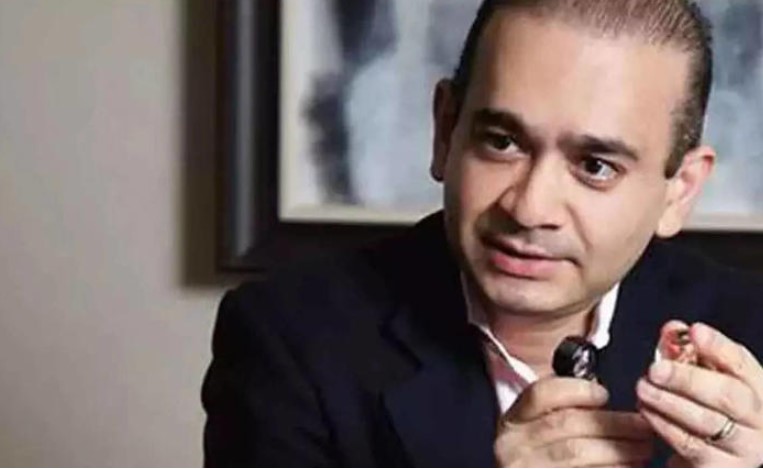Nirav Modi could be extradited within 28 days, loses all UK court options

Fugitive diamond billionaire Nirav Modi lost Thursday all legal options in UK courts and could be extradited to India within 28 days—unless he manages to get an emergency injunction from European Court of Human Rights (ECHR), or if he has applied for British asylum.
Inside an empty courtroom at 10am GMT, with no counsel and just four reporters present, a London high court judge dismissed Nirav’s application to appeal his extradition to India in the Supreme Court, the only UK court he had left to turn to.
His extradition could end a riveting drama since he fled India after Punjab National Bank (PNB) accused him of defrauding Rs 6,498 crore in January 2018 and he stayed low until British newspaper ‘The Daily Telegraph’ reported in March 2019 that the fugitive was living the good life in London. He was spotted wearing a Rs 11-lakh black ostrich hide jacket and living in a Rs 74-crore apartment.
He was arrested soon after while trying to open a bank account and has been in UK custody since. India had made three extradition requests to the UK tied to an equal number of criminal proceedings he faces in the country.
The first, brought by CBI, relates to his alleged PNB fraud. The second, brought by ED, is associated with laundering proceeds of that fraud. The third is in relation to additional offences involving interference with evidence and witnesses in CBI proceedings.
Lord Justice Stuart-Smith refused Nirav permission to appeal in the SC, keeping with a high court decision handed down on November 9. In that decision, the HC dismissed Nirav’s appeal against the lower court that had found there were no bars to his extradition.
The lower court had sent his case to the UK home secretary, who had ordered his extradition on April 15, 2021.
Stuart-Smith also refused his application for certification of a point of law of general public importance. This means he cannot seek permission to appeal in the SC directly.
Also, the judge ordered Nirav to pay the Crown Prosecution Service (CPS) legal costs amounting to Rs 152 lakh for his cases in the high court (where his appeal was heard) and in Westminster Magistrates’ Court (where his main extradition hearing took place). The CPS represented the Indian government in the proceedings.
Extradition lawyer Toby Cadman said Nirav has exhausted all legal avenues of appeal in UK courts. “His only option is to seek a Rule 39 injunction from ECHR and he needs to act quickly now as his removal is likely to be ordered within the statutory time limits,” he said.
Any application under Rule 39 to ECHR has to be made within four months of the final decision and the European court in Strasbourg hadn’t heard from Nirav yet.
“The threshold for intervention is quite high and there are real questions as to whether he will get granted interim measures as I don’t think his case is strong enough to warrant intervention,” Cadman said.
Another option is asylum in the UK. “I think Nirav Modi probably will have applied for asylum and if he has applied that would prevent him being extradited until that is concluded. That’s the last throw of the dice. This matter is confidential. The Home Office will never confirm or deny if an application was made or considered,” Cadman said.
The point of law that Nirav had sought to get certified was the ‘Turner test’, which is the test used to judge whether it would be oppressive to extradite a suicidal person.
“Only a small percentage of extradition cases ever make their way to the Supreme Court. There is a longstanding tradition in how courts view the risk of suicide in extradition cases and a person has to be unable to resist taking their own life to be considered oppressive to extradite them. If the judges had agreed to lower that threshold then that could open the floodgates,” said Cadman.







